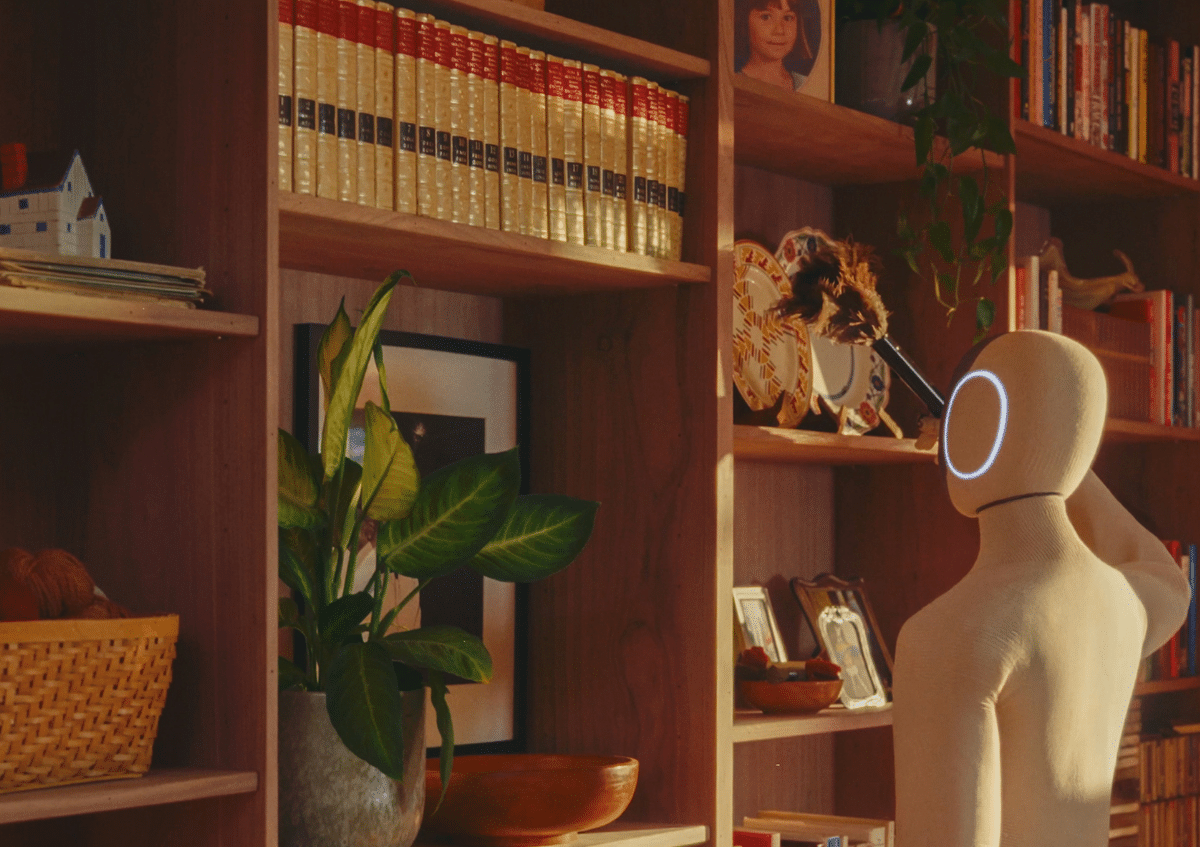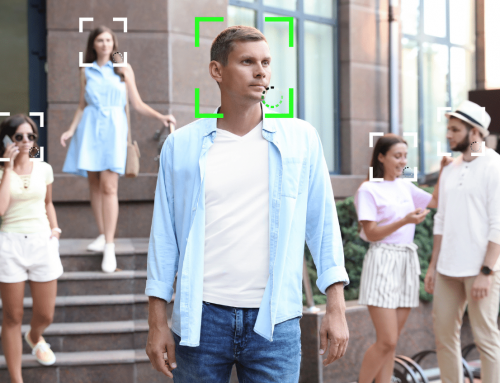Image: courtesy of 1X
The new roommate with two arms - and many weaknesses
A robot that does the housework? Sounds like science fiction, but it's on its way into our living rooms. The humanoid household helper 1X Neo can already be pre-ordered in the USA - and is now attracting initial attention. However, a test by the Wall Street Journal showed that Neo is charming, but not (yet) a household hero.
The manufacturer promises that Neo will take over tasks such as washing dishes, vacuuming and even doing the laundry in the future. In practice, however, the robot needs a lot of help - it is currently still operated remotely and does not act independently. Compared to human housemates, Neo is more like a helpful toddler: motivated, but slow and with limited skills.
Lots of technology, little speed: how Neo performs in everyday life
The test run with tech journalist Joanna Stern was rather leisurely: it took Neo one minute and seven seconds to get a bottle of water out of the fridge and hand it over - the real problem: the fridge door. Putting the dishwasher away also presented him with challenges. Vacuuming, on the other hand, works quite well - although no faster than with a standard robot vacuum cleaner.
Click here for the test video on YouTube
The technology behind it is exciting: Instead of cogwheels, Neo uses a belt-driven motor system that is based on human muscles. This makes his movements smoother and quieter. At the same time, Neo wears a protective textile suit that not only looks futuristic, but is also designed to ensure safety - after all, it weighs around 30 kilos.
Nevertheless, he is strong: Neo can lift up to 68 kilograms. But don't worry - he can't crack a walnut, and that's on purpose. The focus is on sensitivity rather than strength. The aim is for him to handle objects with sensitivity - and not damage furniture or people.
Not yet a robot for real life - but an exciting start
The big catch: the Neo currently being tested is not yet a finished product. It is controlled by a human operator via an app - in other words, virtually remote-controlled. Autonomy, finer motor skills and faster reactions will only come with the series model, which will be delivered in 2026. Neo should then be able to learn and act more independently - and gradually become a real help in the home.
It sounds ambitious, but it is not atypical: the manufacturers are counting on Neo learning through real-life use in households. The vision: in five years' time, it could not only be helpful for everyone in everyday life, but also provide real relief for older people or people with disabilities.
Neo is currently only available to pre-order in the USA. A launch is planned for Europe from 2027. The price? Still unclear - but it probably won't be cheap.
Gimmick or real help?
A robot that does laundry but can't crack a walnut? Welcome to the year 2025. Neo is exciting, no doubt about it - but at the moment it's more of a gimmick for technology fans with patience. What it can do looks more like a demo from a technology museum than a real everyday aid. Nevertheless, the path has been taken. And if we're honest - before the robot washes the dishes, many people could simply get started themselves.
Source: Notebookcheck







